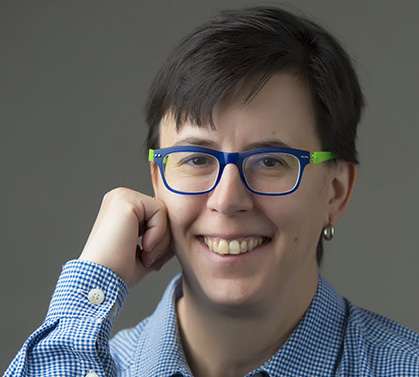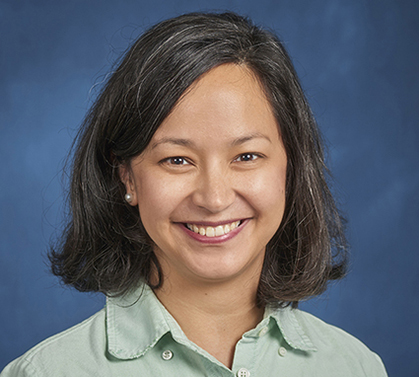The “Soft Bigotry of Low Expectations” and Its Role in Maintaining White Supremacy through Mathematics Education
by Laurie Rubel and Andrea McCloskey
Introduction
The articles in this volume of the Bank Street Occasional Paper Series document successes and struggles in supporting the teaching and learning of mathematics as critical mathematical inquiry (CMI). CMI efforts range from teaching mathematics for social justice to broadening school mathematics to making mathematics classrooms places where people want to participate, and more. CMI challenges systems of power and oppression, such as white supremacy, that exist in and operate through mathematics education (Battey & Levya, 2016; Martin, 2013, 2018). Any initiative that demands transfer of power away from those who possess it will always be countered by hegemonic forces that seek, instead, to maintain the status quo (Guinier & Torres, 2002). This means that those who engage with or advocate for CMI are vulnerable to forces whose expression can range from negative feedback from parents, students, or colleagues; disciplinary action from a school or district; or even targeted harassment on social or other media by white supremacists. Indeed, fears about such pushback are a known deterrent to CMI efforts (Simic-Muller, Fernandes, & Felton-Koestler, 2015).
We have identified a central ideology that is used to maintain the status quo of white supremacy in schools and schooling in the United States, an ideology captured by the phrase “soft bigotry of low expectations” (SBLE). In this paper, we explore its origins and analyze various ways that it is employed in current discourse about mathematics education. We begin with a vignette that contextualizes the motivation for our analytic interest in SBLE. Next, we present the origins of SBLE and its supporting ideologies. Then we analyze1 how SBLE is used by media aligned with the political far right and its readers in recent attacks on mathematics education researchers and their CMI scholarship. We present an analysis of this thread of discursive backlash at a national scale, as expressed across television, blog posts, and social media. We then shift our analytic focus to examine the role of SBLE ideology in mainstream discourse about education and by mathematics education organizations. Finally, we conclude the paper with an analysis of how certain language is appropriated by others to marginalize or exclude CMI and support SBLE ideology, thereby maintaining the status quo and reifying whiteness.
About the Authors
 Laurie Rubel is currently a professor in the Department of Secondary Education at Brooklyn College of the City University of New York and visiting faculty at the University of Haifa. Her research interests include diversity and equity in mathematics education, mathematical modeling, probabilistic thinking, place-based education, and teaching mathematics for spatial justice.
Laurie Rubel is currently a professor in the Department of Secondary Education at Brooklyn College of the City University of New York and visiting faculty at the University of Haifa. Her research interests include diversity and equity in mathematics education, mathematical modeling, probabilistic thinking, place-based education, and teaching mathematics for spatial justice.
 Andrea McCloskey is Associate Professor of Mathematics Education in the Department of Curriculum and Instruction at Penn State University. Her research focuses on teacher preparation and development, cultural influences on teaching practices in elementary school mathematics, and ways that the rituals of improvisational theater can critique current practices and point to new ways of understanding mathematical activity in classroom settings. Dr. McCloskey has published in journals such as the Journal of Mathematics Teacher Education, Educational Studies in Mathematics, and Mathematics Teaching in the Middle School. She is also the co-founder of Happy Valley Improv, a longform improvisational theater company.
Andrea McCloskey is Associate Professor of Mathematics Education in the Department of Curriculum and Instruction at Penn State University. Her research focuses on teacher preparation and development, cultural influences on teaching practices in elementary school mathematics, and ways that the rituals of improvisational theater can critique current practices and point to new ways of understanding mathematical activity in classroom settings. Dr. McCloskey has published in journals such as the Journal of Mathematics Teacher Education, Educational Studies in Mathematics, and Mathematics Teaching in the Middle School. She is also the co-founder of Happy Valley Improv, a longform improvisational theater company.